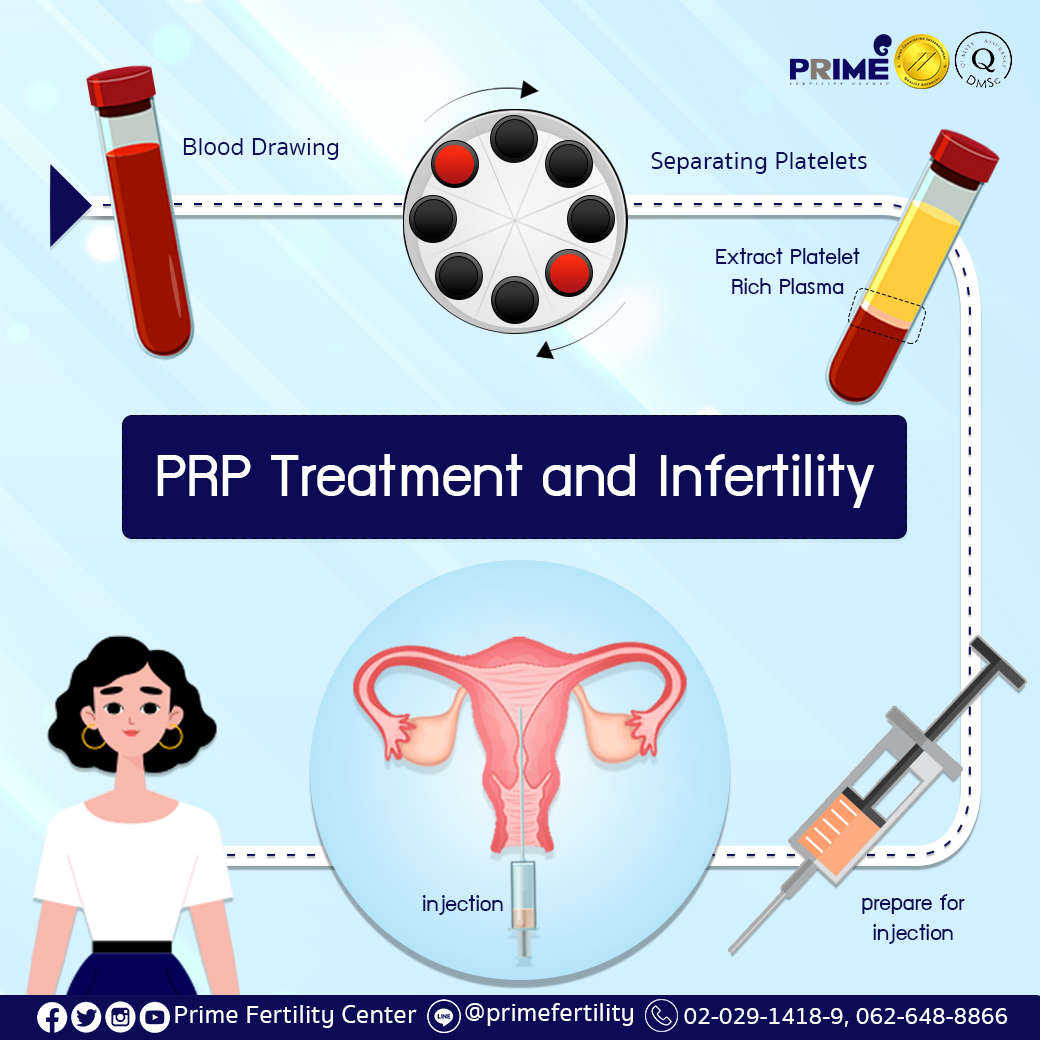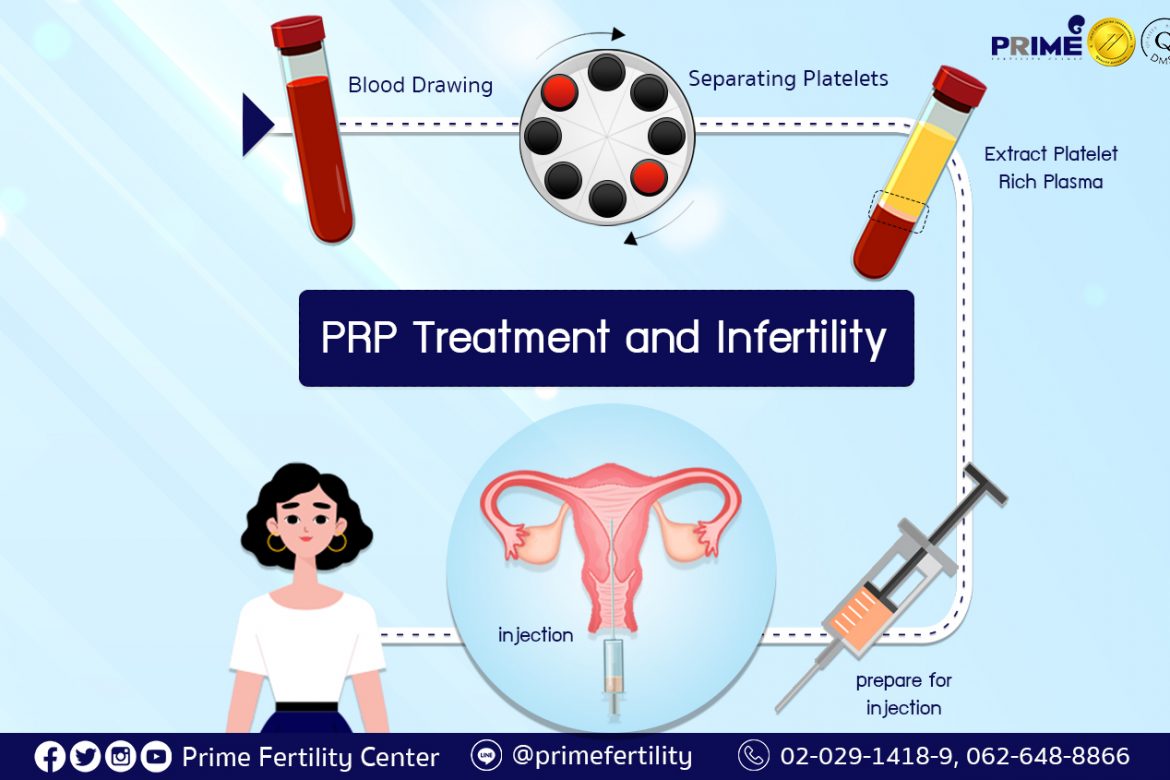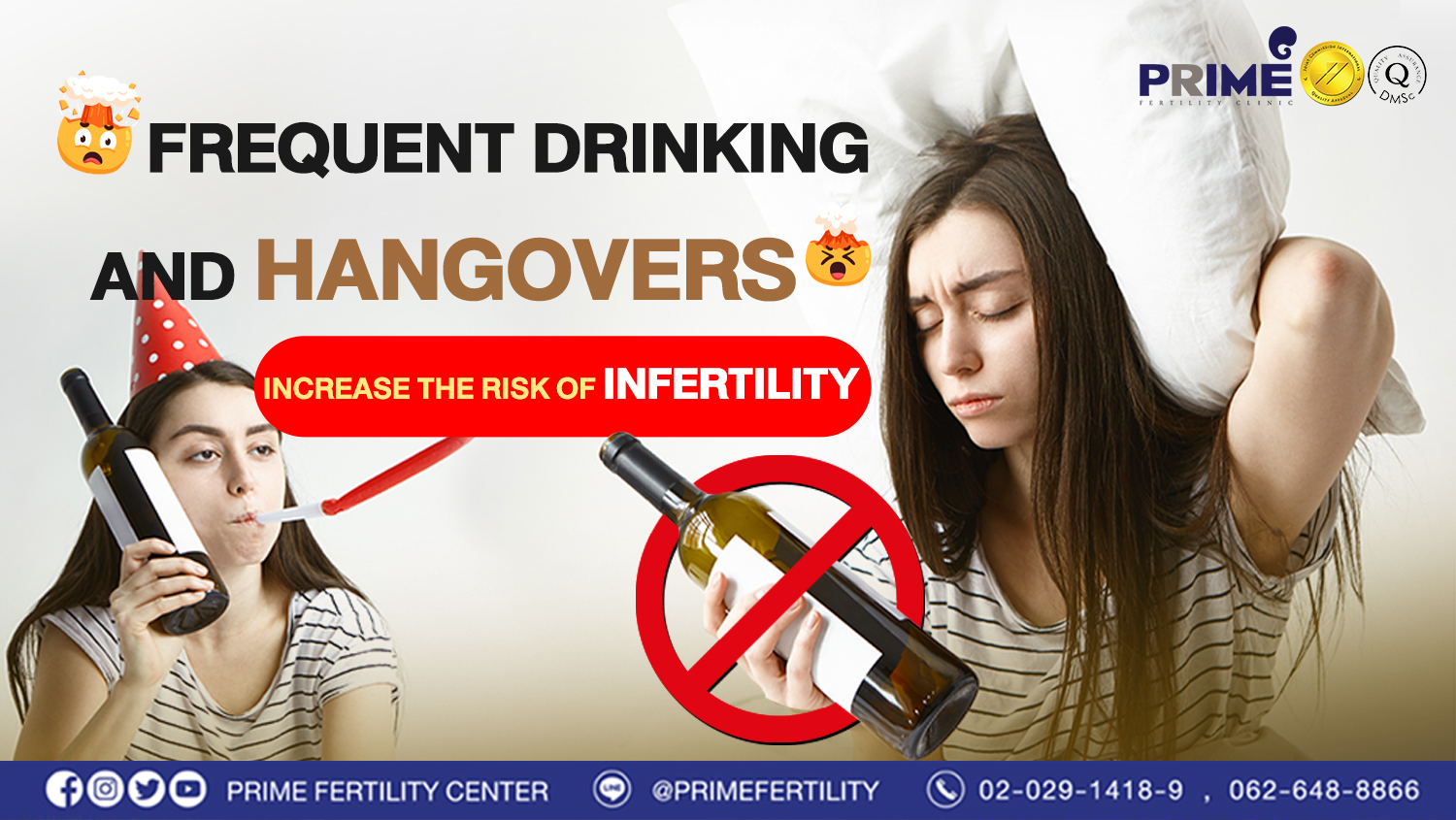
What is Blood Platelet Treatment? Is it effective for infertile patients?
Blood Platelet Treatment is a type of injection therapy. By injection of a concentration of a patient’s own platelets in order to heal some injuries or physical conditions. Generally, platelets help the body to stop bleeding, unite to form a vein, heal a wound by multiple chemical processes inside human blood. Platelets have a lot of properties. For example, Cytokines, Hormones and various Growth Factors can increase the cell development more efficiently. Particularly, growth factors are very important to cell development. They also rebuild small blood veins and resist the inflammation as well.
Because of these fundamental properties, platelets are spun until the concentration is 3-5 times higher than the normal blood. After that, platelets are injected into an organ or tissue in order to stimulate the growth of cell. PRP is used extensively. Although the therapy may not reach the universal standard treatment, the procedure is not too intense, having small side effects. Therefore, Blood Platelet Treatment is a solution for some patients, e.g., hair transplant, beauty or skin rejuvenation.
There are some studies about Blood Platelet Treatment in fertility treatment. Over the past several years, patients who have diminished ovarian reserve, ovarian failure, thin endometrium as well as women who reach or nearly approach the menopause prefer to stimulate their eggs rather than using the egg donation. After receiving PRP treatment, we found positive outcomes in some cases. The better feedback and more eggs obtained may lead pregnancy and delivery successfully. Blood Platelet Treatment therapy can also help women to get the thicker endometrium. Suitable for the embryo transfer. Then they can achieve the pregnancy consequently.
PRP procedures begin with blood drawing and placing in a centrifuge to concentrate the platelets. These platelets are injected directly to the patient’s own ovary or uterine cavity depend on the treatment objective. During few months after Blood Platelet Treatment, patients need to come back intermittently as the follow-up visits together with their fertility treatment.
However, this approach is still not accepted in the international standard. Since the uncertain result and the success rate is not high. But Blood Platelet Treatment is a solution for some people who facing their severe abnormalities accordingly.




